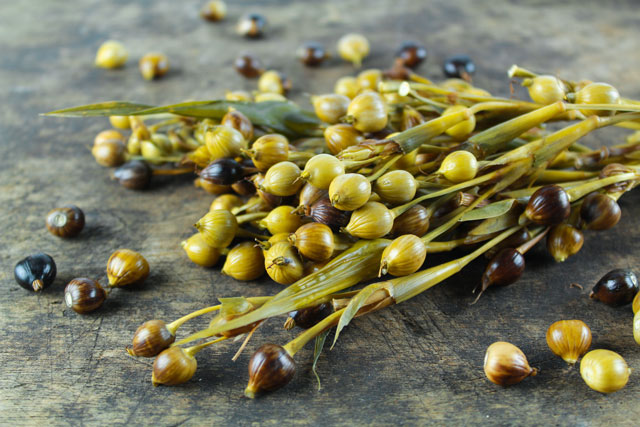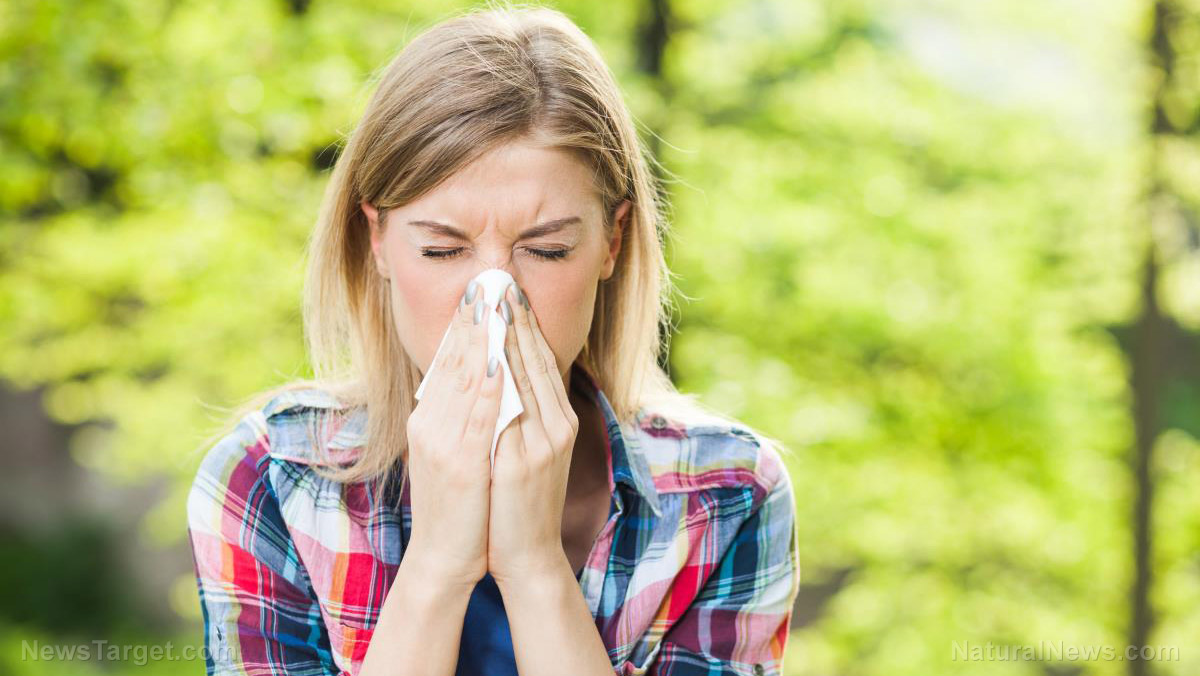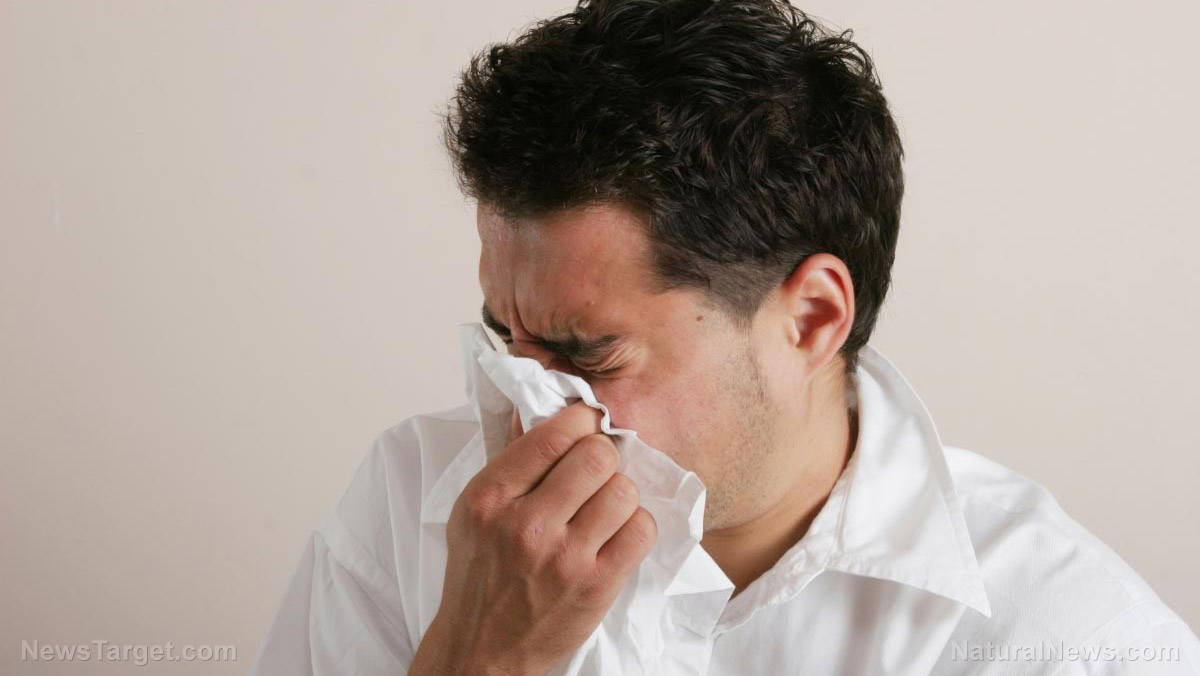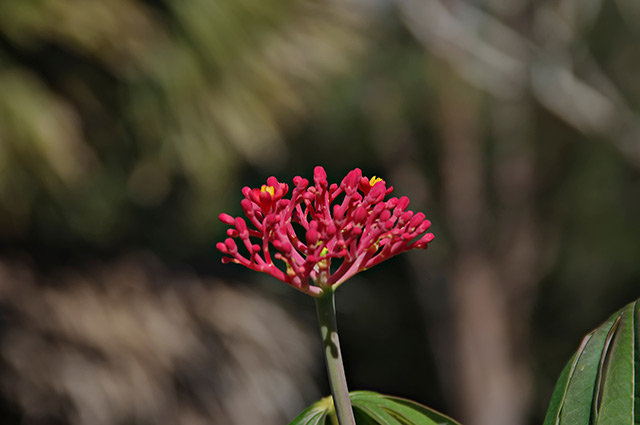Science explains why we are more vulnerable to getting sick when the seasons change
05/16/2018 / By Michelle Simmons
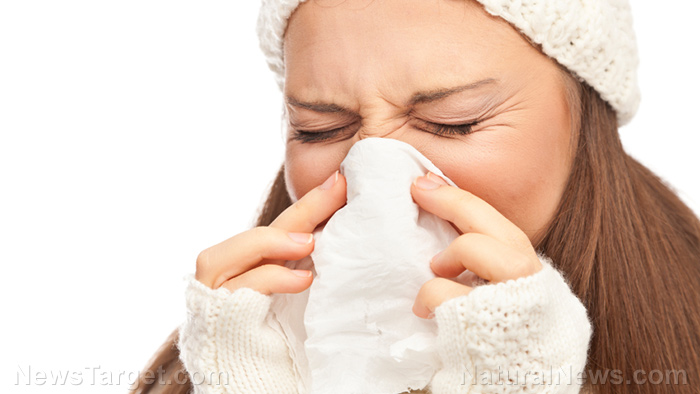
People are more vulnerable to getting sick when seasons change, especially during spring and fall, and experts may now know why. According to research, it’s not the cold air that makes people sick; rather, it’s the virus. Rhinoviruses and coronaviruses, the two main causes of the common cold, can multiply quickly when the weather is cool – but not too cold.
“A lot of the viruses that cause the common cold are shown to cause outbreaks more frequently in the early to late spring and early to late fall,” explained Dr. Kittu Jindal Garg, an internal medicine specialist, in an interview with The Weather Channel.
In the same way, the influenza virus multiplies and spread more easily and rapidly when the air is cold and dry. As a result, people tend to catch the flu during winter. Meanwhile, a study from Yale University also suggested that the common cold replicates in cooler temperatures. Researchers of the study discovered that a seven-degree drop in ambient temperature could interrupt the body’s ability to stop cold viruses from multiplying.
Akiko Iwasaki, a professor of immunobiology at Yale School of Medicine, explained that when they reduced the temperatures from 37 to 33 degrees Celsius (98.6 degrees to 91.4 degrees Fahrenheit), the immune response of the body was disrupted, which enabled the viruses to replicate more.
The prevalence of seasonal allergies during the changing seasons is another reason why people tend to get sick whenever the season changes. This is particularly evident during spring and fall. A lot of the signs and symptoms of seasonal allergies are parallel to the signs and symptoms that result from colds and flu.
“I see a lot of patients who come in and tell me that they’ve had a cold all spring; they’ve been sick for three months,” Garg said. “Really they don’t have a cold at all, but more so their allergies are flaring up.”
During summer, illnesses come from a combination of several factors. People with seasonal allergies may experience a congested feeling and develop runny noses and itches eyes whenever they get near pollen, mold, or grass. Dr. Benjamin Kaplan, an internal medicine physician at Orlando Health in Florida, explained that their immune systems might get overworked as they respond to these allergies, which makes them more susceptible to viral contagions. (Related: Protect yourself from flu season with these natural cold remedies.)
Tips to avoid getting sick during seasonal changes
Here are six tips that can help you avoid getting sick in the upcoming season change:
- Wash your hands frequently – This may be a simple thing, but a lot of people neglect washing their hands often, especially after sneezing or touching desks. This prevents you from contracting or spreading the virus.
- Drink lots of water – Drinking enough water is important, and it is even more essential when you are sick. This is because people tend to be dehydrated when sick. You can also stay hydrated by getting plenty of other fluids from soup, broth, tea, and sports drinks.
- Be prepared for the temperature swings – One day it’s warm, the next it’s already freezing. The weather is unpredictable, especially during spring, so be prepared. Wear layers of clothes that you can remove when it gets warm in the afternoon, then put back on when it gets chilly in the evening.
- Get moving – Doing light to moderate exercises, such as walking or yoga can help prevent you getting even sicker. Light activities can also help improve common cold symptoms.
- Have quality and adequate sleep – Getting enough and quality sleep is important not only during the season changes but to overall health.
- Get a humidifier – Using a humidifier will prevent your airways from drying out in the winter and spring. It will also keep your hair and skin hydrated.
Read more news stories and studies on weather by going to ClimateScienceNews.com.
Sources include:
Tagged Under: Colds, cornoaviruses, Flu, flus, influenza, natural remedies, prevent disease, research, rhinoviruses, season change, seasons, Sick, spring, temperatures, virus, viruses. common cold, weather, winter



